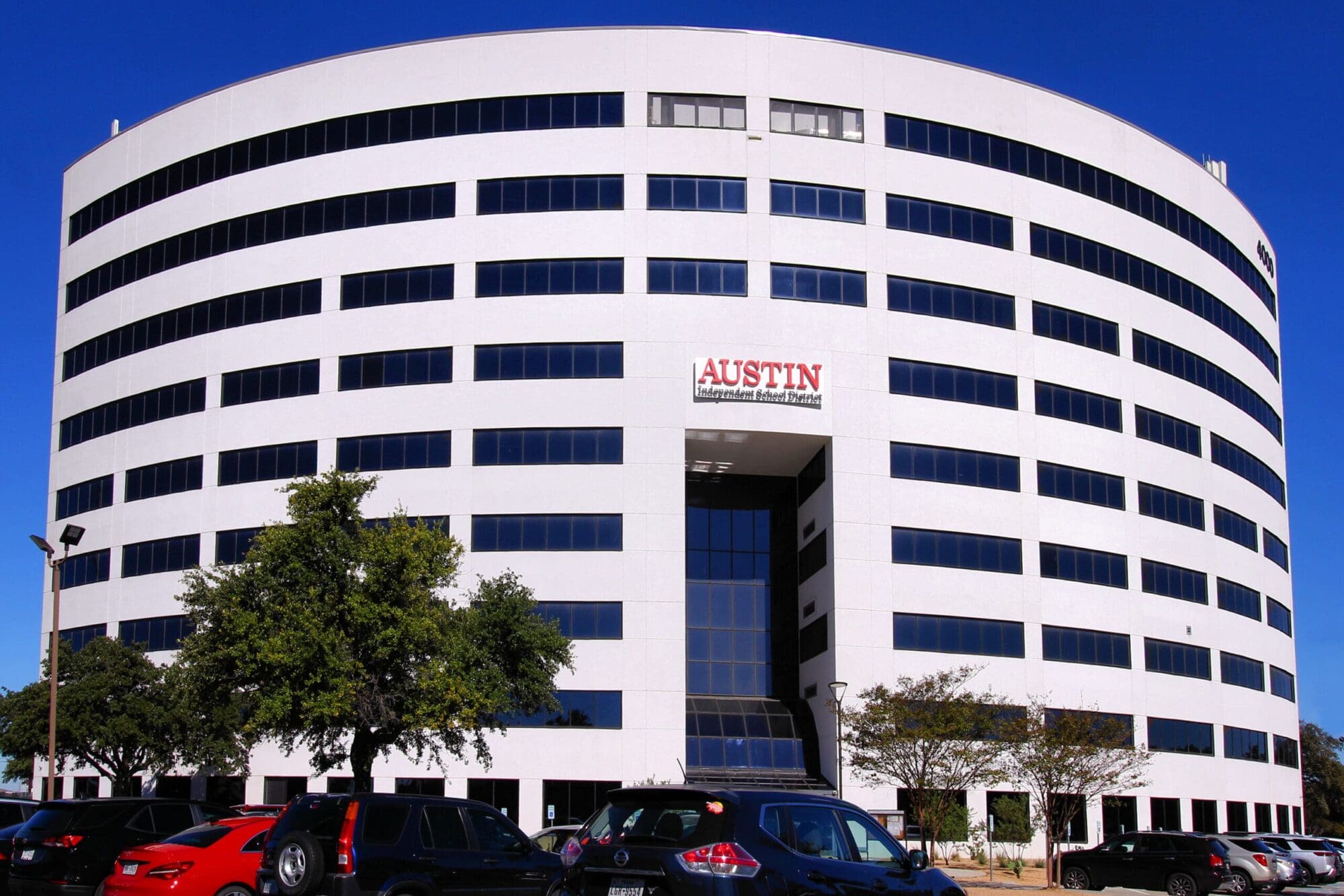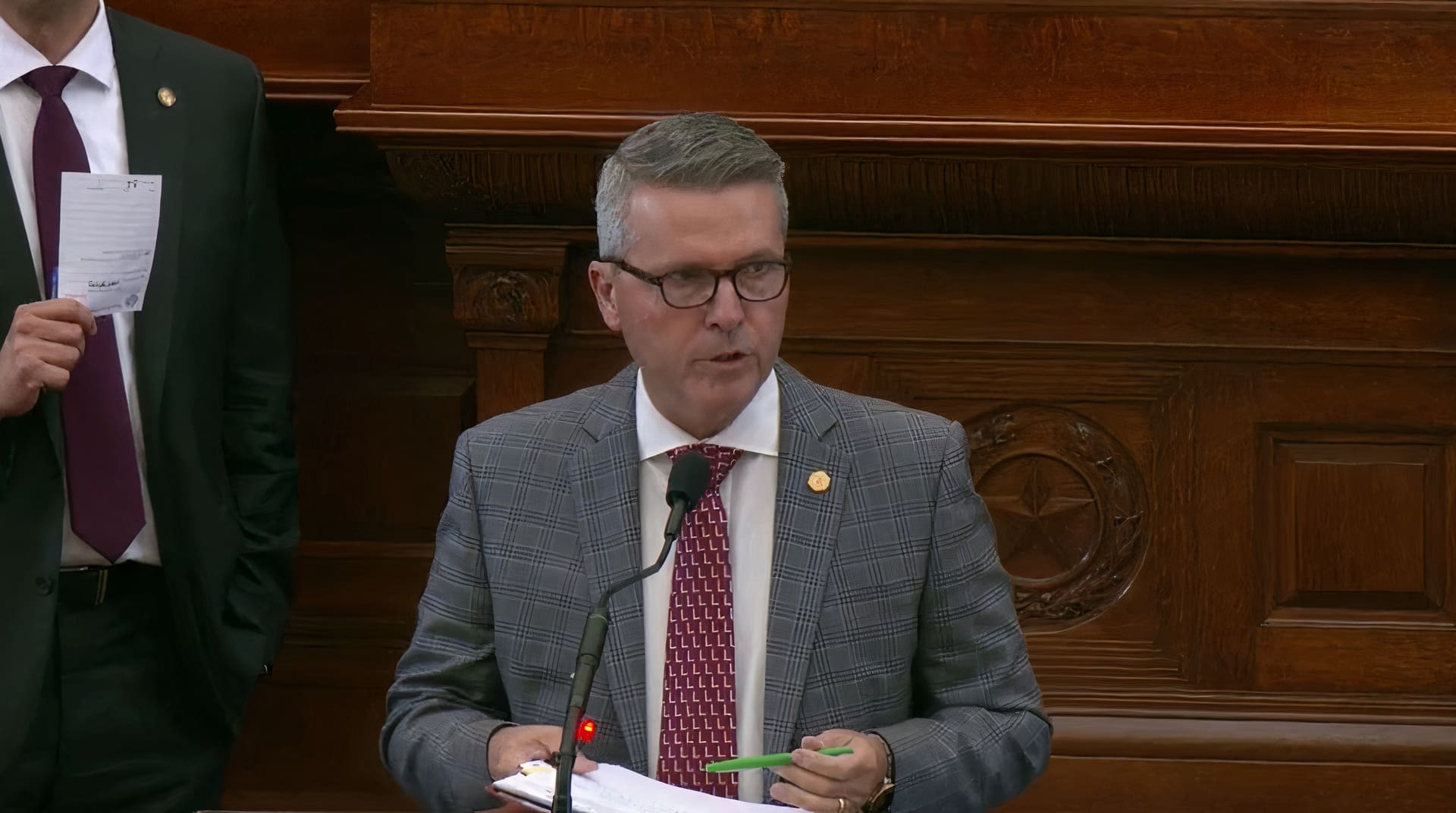Our state’s largest city is in trouble. Rising pension costs, debt service payments, and labor costs are driving a projected budget deficit for the Bayou City.
Judging by the agenda of recent city council meetings, onlookers would be unlikely to see this problem or any other important issues coherently addressed. Despite this looming fiscal challenge, Mayor Annise Parker decided that two more pressing issues to address are transgendered restroom protections and her inability to run for another term.
In a Houston Chronicle article last week, Mayor Parker blames the city’s budget woes on a decade old, voter approved revenue cap, while failing to mention that her proposed spending plan also includes a pay increase for city employees and a major expansion of recycling services to all households throughout the city. Mayor Parker said of the revenue cap, “I’ll be very clear: If the cap stays in and there are no other sources of revenue, there will be layoffs.” This statement confirms that the classic tool of politicians everywhere, the tried-and-true “False Choice Fallacy” is alive and well in the Bayou City. This is an obvious rhetorical move by Parker to “scare” citizens into repealing the revenue cap and open the door for higher taxes and more spending.
Parker’s budget proposal also doesn’t include the potential impact of the recently passed so-called “Equal Rights Ordinance.” This new, radial social policy forces all places of public accommodation in the city to allow transgendered persons to occupy the restroom they feel like using with violators facing up to a $5,000 fine. The city’s code enforcement division will likely be expanded to deal with the inevitable fallout of complaints and enforcement actions from this sweeping legislation. Predictably, for fiscally irresponsible politicians the problem always seems to hinge on barriers to overspending and not the merits or lack of merits of the spending itself.
These events represent a tragic turn for one of America’s fastest-growing, most prosperous cities. For heavy-handed, progressive, tax-and-spend leadership, no amount of prosperity is enough to pay for Big Government agendas. Despite all the new taxpayers and all of the economic dynamism, Houston’s fiscally reckless city leadership continues to complain of lacking revenue.
Parker intentionally ignores a few other major options for the city that do not involve removing the city’s revenue cap. A familiar scenario for some of America’s former powerhouse cities is that of prosperity, overleveraging, decline, and crisis. Cities such as Detroit are in this category. The common factor in many of these scenarios is that cities did not address growing spending and debt obligations during periods of growth when the initial problem could be handled with the least amount of pain. The revenue cap is an important way to protect economic growth in Houston and to keep the city from overextending itself in spending.
First, Houston could step up to the plate and address its fast-growing employment and pension costs from a position of strength. While the city is growing, it could make important changes that would head-off catastrophe when the city inevitably experiences less prosperous times. Contractual obligations for pay increases are a major driver in municipal budgets along with pensions. Though the Texas Legislature has much of the dominion over the city’s pension system, the city can still increase efficiency and halt spending outside the city’s core functions to lower costs. Second, the city could abandon plans to expand recycling. Why expand a program when existing services are at risk? In sum, cut needless spending, preserve the revenue cap, and pay down debt to prevent future budgets from being weighed-down with increased debt service payments.
Even with the talk of doom-and-gloom for the city’s books, Parker is investing political capital pursuing other agenda items for the city’s docket. Parker is currently aiming to rollback Houston’s two-decade-old, voter approved term limits for Mayor, Controller, and Council Members.
A major question Houstonians should put to the Mayor first is, why doesn’t the city council begin addressing underlying drivers of budget growth now instead of agenda items that amount to petty political pandering and an attempt to benefit city politicians?
It is clear that Parker is not aggressively pursuing real solutions to Houston’s fiscal issues. The second largest driver of the city’s spending behind its rising pensions are service payments on debt. The debt “bubble” engendered through years of weak, procrastinating leadership has finally become unavoidable. Addressing increased debt service is politically difficult, but the city can no longer ignore it.
A fiscally responsible budget that will benefit Houston will require difficult political choices, but the solution itself is simple. Curtail unnecessary spending, preserve the revenue cap, and pay-off debt. All the other distractions are just that—distractions from the city’s pressing fiscal problem at hand.




